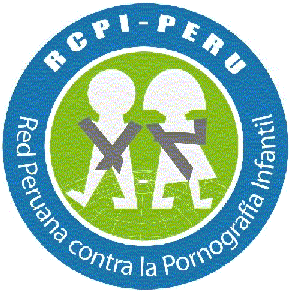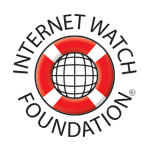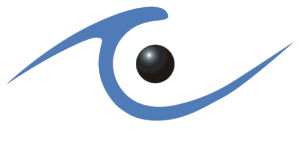Child-protection experts from around the world gathering at Interpol
 The 25th gathering of Interpol’s network of child-protection experts from around the world opened with a call for greater co-operation to identify child abusers and rescue victims. ‘While our approach, combining technology and sound investigative support, has been successful so far, we all know that the challenges remain great and that a lot needs to be done,” said Interpol Secretary General Ronald K. Noble at the opening of the meeting of the Interpol Specialist Group on Crimes against Children, taking place from 5-7 June at the Interpol General Secretariat in Lyon, France.
The 25th gathering of Interpol’s network of child-protection experts from around the world opened with a call for greater co-operation to identify child abusers and rescue victims. ‘While our approach, combining technology and sound investigative support, has been successful so far, we all know that the challenges remain great and that a lot needs to be done,” said Interpol Secretary General Ronald K. Noble at the opening of the meeting of the Interpol Specialist Group on Crimes against Children, taking place from 5-7 June at the Interpol General Secretariat in Lyon, France.“It is simply not enough. We need to do more; we need to be more aggressive in how we work to try to solve these cases.”
 During the three-day meeting, more than 100 specialists from law enforcement and academia in 41 member countries are discussing today’s most pressing child-protection issues, including Internet-facilitated sexual abuse images, commercial exploitation and trafficking, adult sex offenders and violent crimes. Participants also are being briefed on specific cases from experts from Interpol and member countries including Australia, Belgium, France, Germany, Norway and Ukraine.
During the three-day meeting, more than 100 specialists from law enforcement and academia in 41 member countries are discussing today’s most pressing child-protection issues, including Internet-facilitated sexual abuse images, commercial exploitation and trafficking, adult sex offenders and violent crimes. Participants also are being briefed on specific cases from experts from Interpol and member countries including Australia, Belgium, France, Germany, Norway and Ukraine.As part of an ongoing Interpol initiative which to date has led to the identification and rescue of numerous victims of sexual abuse, a victim identification workshop, the sixth so far, was conducted prior to the meeting to enable investigators to exchange information on current investigations.
One of Interpol’s major successes in fighting crimes against children globally has been the creation of the Interpol Child Abuse Image Database, which holds more than 550,000 images and has contributed directly to the identification and rescue of more than 500 victims since its creation in 2001.
The G8 Justice and Interior Ministers have earmarked more than 1.4 million euros to support the development of an interactive version of the database, called the G8 International Child Sexual Exploitation image database, which investigators in member countries will be able to access directly through Interpol’s I-24/7 global police communications system. Canada, Germany and the United Kingdom will begin using the database this year.














































0 Comments:
Post a Comment
Subscribe to Post Comments [Atom]
<< Home